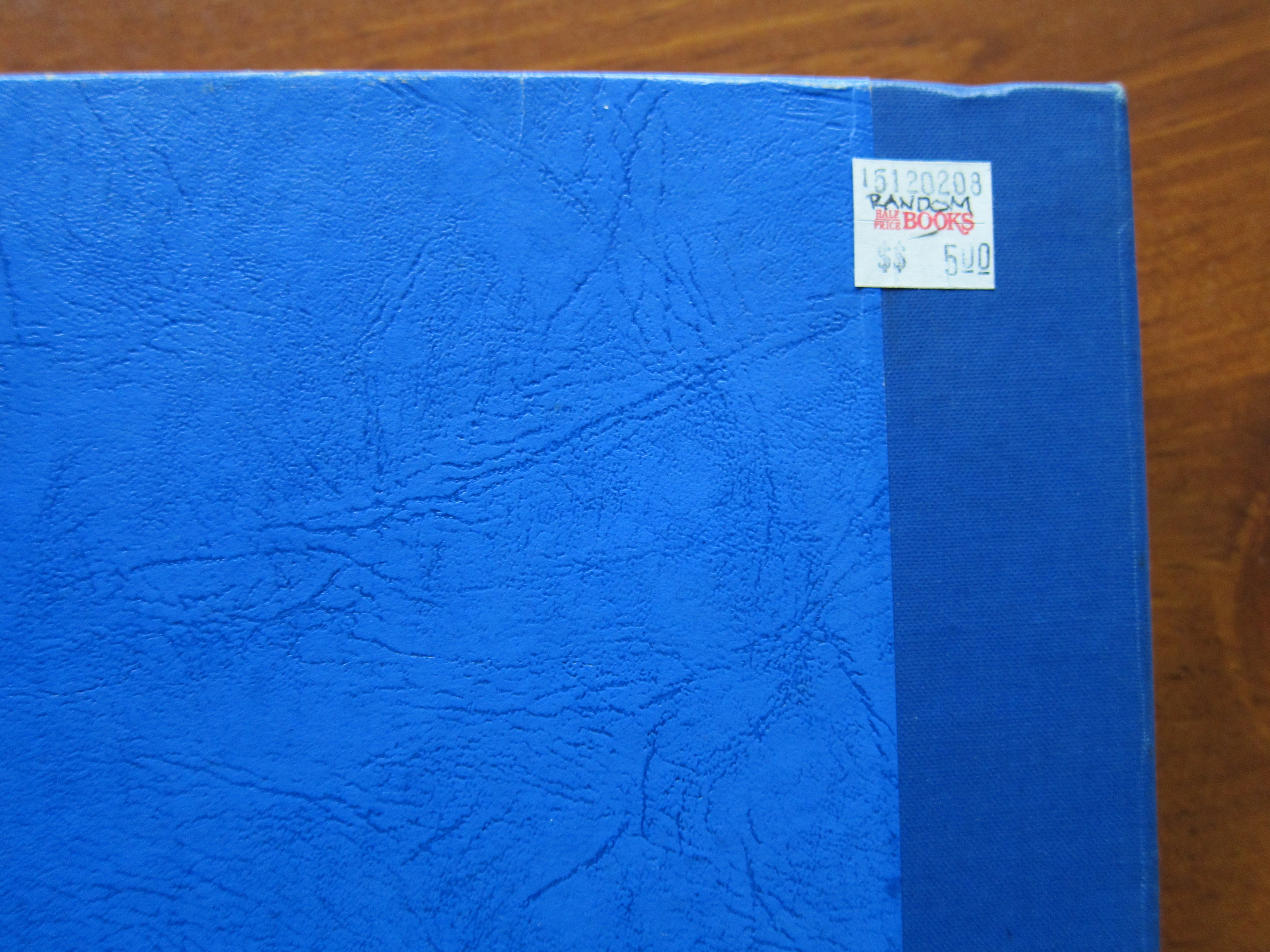I haven’t lost my sh!t about this particular topic in a few years, but like the hook from “Holding Out for a Hero,” it’s always there, lurking in the back of my mind, ready to cloud all conscious activity until I spin Side A of the Footloose soundtrack for three straight hours. At which point I will either eradicate Bonnie Tyler from my mind or pass out from Kenny Loggins overload. (Which could never happen. Not really.) My beef has nothing to do with music so permit me to rampage about my life of writing for a few paragraphs. I do hope you are sufficiently entertained by rage-fueled hyperbole. I speak today of literary narrow-mindedness.
By the way, before I get going… here’s a rather disturbing live version of the song. I blame the French.
[tube]http://www.youtube.com/watch?v=37Tl17aDZC4&ob=av3n[/tube]
I first encountered literary narrow-mindedness in my undergraduate creative writing workshop – we learn to criticize before we can even write. For those of you who have never experienced a writing workshop, I equate it thusly:
Most writers sincerely want to help other writers. But help also comes in many shades of solipsistic double-speak. For example:
An offhand piece of criticism might be (note the usage of one fancy word that really means nothing – essential to any fine literary criticism):
“I like this part here around the jazz club and clock tower scene but I really think that you need to flesh out the main character to match the dynamism of the rest of the story. Also the love interest is two-dimensional and unlikeable.”
…but in reality means:
“I read your story once and I don’t really understand the point of the whole thing. Also, mine’s better.”
Not everyone is like this, of course. But for every well-prepared, thought-out criticism there are two that completely miss the point, take no care to understand the point and then make up a pleasant piece of constructive advice that segues into ham-fisted negativity. And this ham-fisted negativity, as the years and schooling progress, ever increasingly stems from old-fashioned, short-sighted and narrow-minded ideas about what a short story should be. We’re not all writing stories for the New Yorker, but based on writing workshop criticism and notes from many journal editors you’d sure think that there’s only one way to get published. It’s akin to claiming that the five-paragraph method is the only way to write an essay. It’s asinine. And today is the day I choose not to sweep it under the rug with the rest of my rejections. We ditch the five-paragraph essay when we graduate high-school. Not so with outdated ideas for dramatic, literary short fiction.

I have a particular story – we’ll call it “Frigidaire” (names have been changed to protect the innocent and potentially published) – that is almost universally enjoyed by those that have read it. Much more so than the few short stories I’ve written that have earned publication credits. It is a high-concept piece of some measure, but it is not inaccessible pop-fiction (zombies/vampires/murder/etc). It is also a thinly-veiled metaphor for the writing process itself. Today I received notes from a minor journal questioning narrative choices, questioning character arc and following these questions with yet another question. “Might these be particular stylistic choices?” Perhaps the most thorough notes I’ve ever received. And, for what it’s worth, I never discount notes when it’s clear that someone has put thought into them, but sometimes I have to cry tears of frustrated ill-humor and throw up my hands in futility.
The character is stylized. The narrative is stylized. The entire story, told in clipped, choppy sentences is stylized. I’ve been told to “flesh out.” I’ve been told to “shorten.” I’ve been told that the protagonist reacts perfectly true to character and the outcome, therefore, isn’t interesting. Universally, I’ve been told that the editors have never really seen another story like its kind. It is original. It is entertaining. But, “I’m sorry to say, it does not fit our editorial needs at this time.”
I originally wrote this story to be fun, different and entertaining. I made metaphorical connections with the character’s quest and the grueling process of writing and submitting short stories to journals. My readers have echoed these intents with positive reactions. Regarding the stories that I do get published they ask me specifically: “You wrote that story to get published, didn’t you?” I’m defensive at first because I don’t like the connotations. But in the end, they’re absolutely correct. I’ve written two stories with the sole purpose of getting published, not because I thought anyone would actually, legitimately enjoy them. And guess what? They’ve gotten published. What does that say about the kind of stories the average literary journal publishes? Like anything I write I put my sweat and tears into those stories… but my heart just wasn’t in them.
I do not hold any delusions about this much rejected story (going on my 50th pink slip with two very near misses at oddly high-profile journals). It is not perfect, and the character I’ve felt has always lacked a defining moment that really makes him stand out above the intrinsic quirks. The “Frigidaire” character is a routine-oriented introvert with a single-minded pursuit of his goals. I struggle with making him act true to the original characteristics (that also make him fundamentally unique) and completely altering his ultimate response in the name of good old-fashioned literary drama for the sake of it. It’s not a perfect story, but it’s fun, under 3000 words, and goddammit I think it deserves to be read. I know many friends who have similar stories, stories they’ve given up on or just plain aborted before the point where they could be sent off into the world. They had no faith in them. Even though they contained excellent humor or unique perspectives.

I know. I’m a writer. And I’m probably a little delusional about my own writing in both positive and negative directions. But maybe…. just maybe… I’m not so wrong about how this continued rejection reflects on the entire process. As a writer struggling to get published (and very much unlike writers with lofty credits and published books) we write not what we think people will enjoy but what we think an editor will publish. We consider which standard dramatic tropes to employ that will make our stories fit the anticipated mold. But for whatever reason the industry has turned the following words into negative criticisms: fun, unique, entertaining, like nothing we’ve seen before. It is possible, though I’m not sure, that more people would read short fiction if we put those words back in the standard vocabulary.




